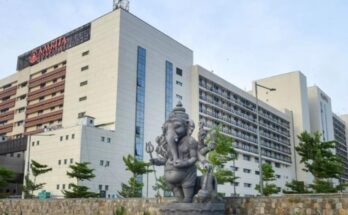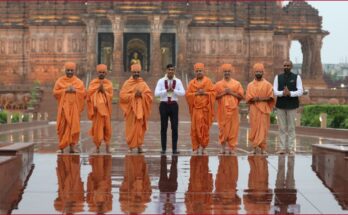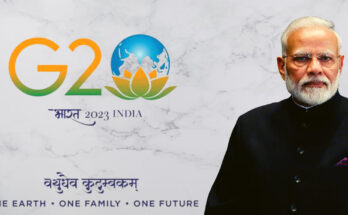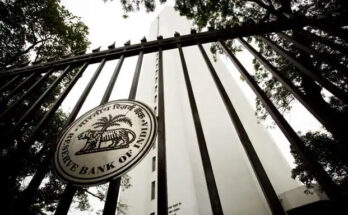
Amrita Hospital Faridabad Collaborates with IIT Hyderabad for Advanced Radiation Therapy Technology
Dr. Bhaskar Viswanathan, Head of the Radiation Oncology Department at Amrita Hospital, Faridabad, is set to lead a groundbreaking collaboration with IIT Hyderabad, Eranki Labs, and the Amrita Centre for …
Amrita Hospital Faridabad Collaborates with IIT Hyderabad for Advanced Radiation Therapy Technology Read More








